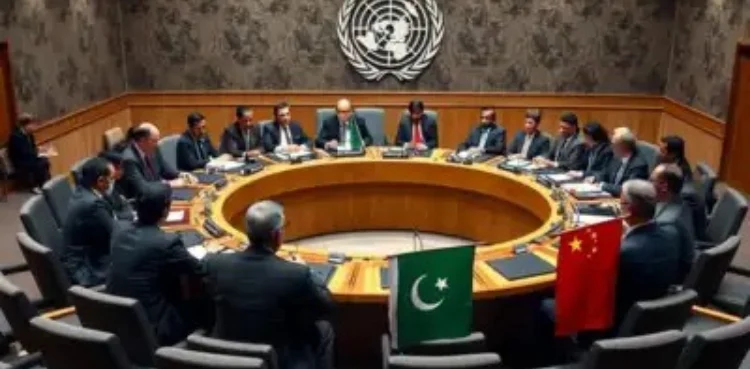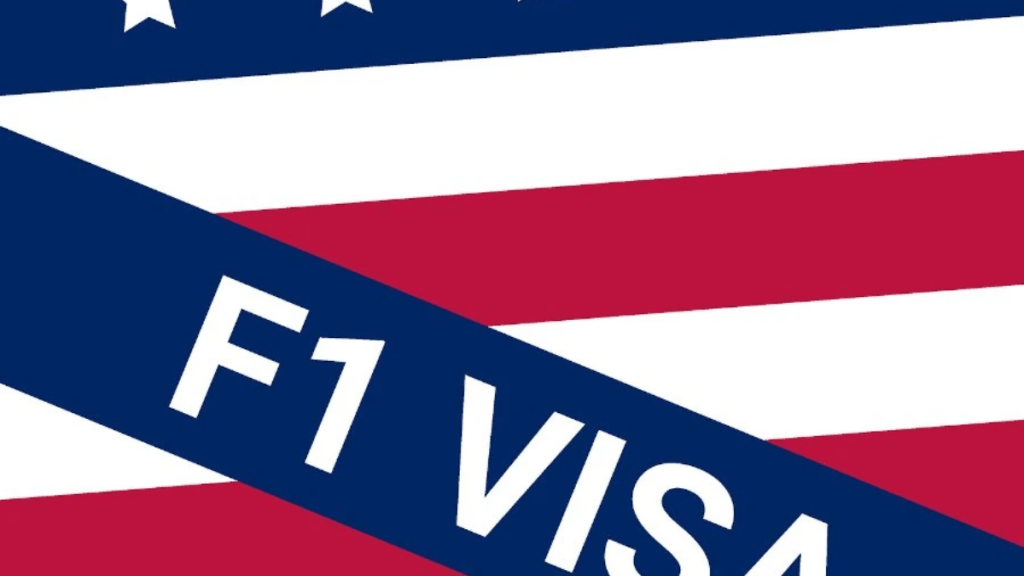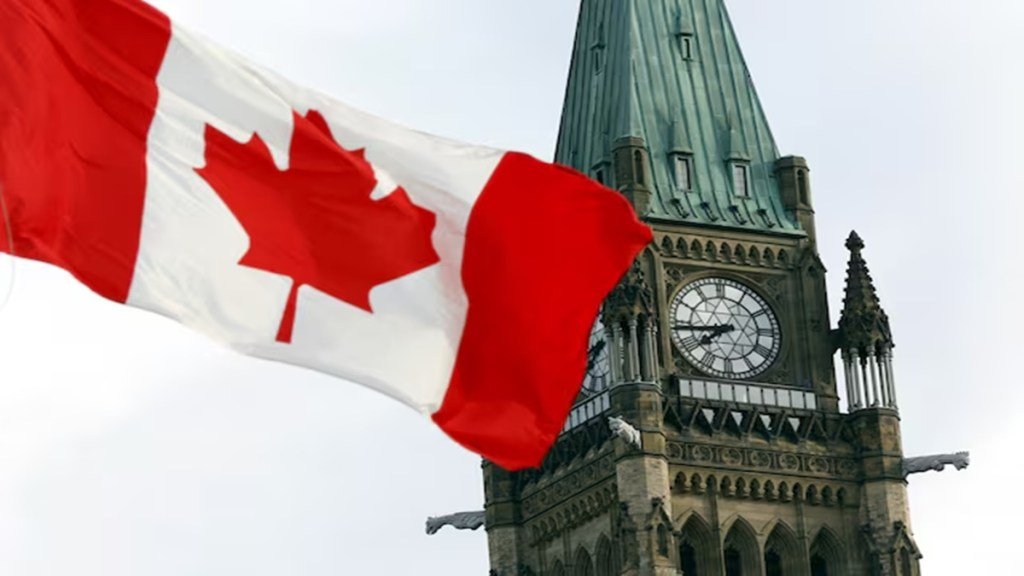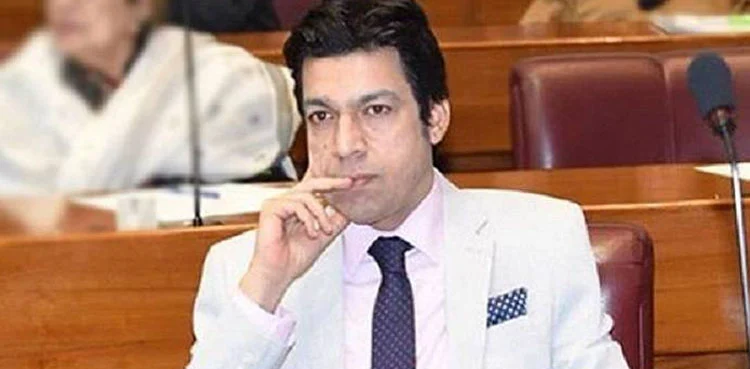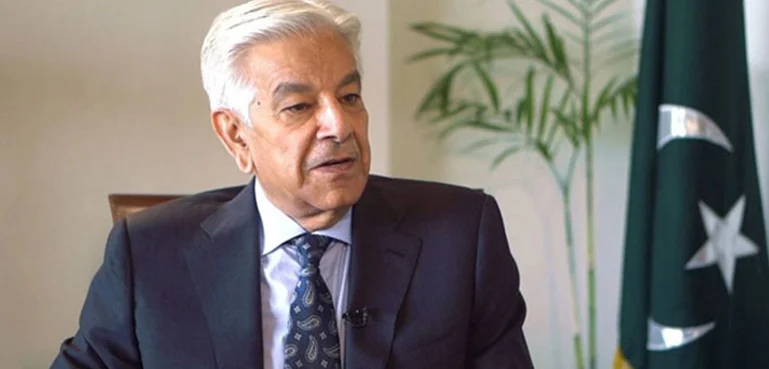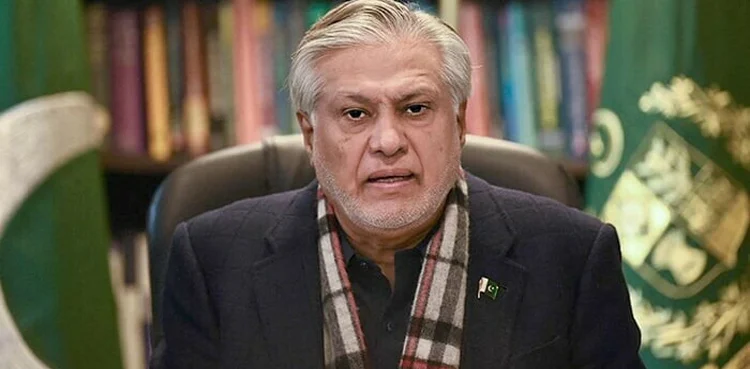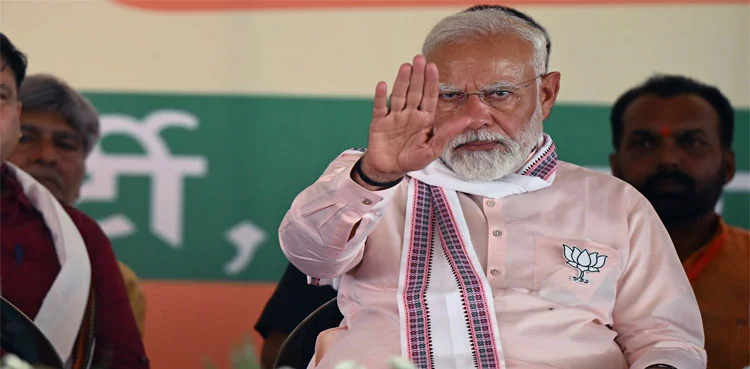
International students in the U.S. are facing a number of challenges that could lead to the revocation of their student visas, particularly the F-1 visa, which allows foreign students to study full-time at certified institutions under the Student and Exchange Visitor Program (SEVP). Maintaining compliance with the conditions of this visa is crucial, as failure to meet these requirements can result in serious consequences.
Academic-related issues such as dropping below the required course load, being dismissed for poor performance, or failing to report changes in course format (such as switching to part-time or online classes) can lead to visa revocation. Employment-related violations, including working without the necessary Curricular Practical Training (CPT) or Optional Practical Training (OPT) authorization, or working with organizations that are under sanction, can also jeopardize a student’s visa status.
Financial and personal issues are also closely monitored. Students must prove they can fund their education, and failure to demonstrate this can result in visa cancellation. Submitting forged documents, such as fake admission letters or financial statements, is another clear path to visa revocation. Additionally, students must keep their address updated in the SEVIS system, with changes reported within 10 days.
Immigration-related issues, such as overstaying authorized stays or getting arrested, can lead to immediate visa revocation. In some cases, security or intelligence agencies may also revoke a visa based on identified risks, even before legal proceedings have taken place.
Dependent status violations can affect the primary F-1 visa holder, such as when F-2 visa holders (dependents of students) work or attend school without authorization. Failure to transfer SEVIS records when changing schools or academic levels can also lead to loss of visa status.
Under recent policies, there are concerns about the increased revocation of visas for minor infractions. For instance, violations such as traffic tickets, even if they occurred years ago, can lead to visa cancellation without prior notice. Additionally, international students involved in political activism, particularly those who have supported controversial movements, have faced scrutiny. The government has been using artificial intelligence to monitor social media posts, and students whose online activities are deemed politically sensitive may face visa revocation.
Certain country-specific policies have led to visa revocations, with South Sudanese students, for example, being affected by a new directive due to their country’s refusal to accept repatriated citizens. Additionally, students who have children in the U.S. may face challenges if they are born under the temporary visa status, as the Trump administration’s executive orders seek to limit birthright citizenship for such children.
Universities have been largely left in the dark about visa revocations, which has made it difficult for them to assist students when problems arise. In response to these issues, the Department of Homeland Security (DHS) and Immigration and Customs Enforcement (ICE) have increased audits of school records, and inconsistencies may lead to penalties or loss of certification for schools. Furthermore, the government has indicated that institutions with significant political unrest, such as protests related to pro-Palestinian activism, may lose their ability to enroll student visa holders.
Visa revocations can occur at any time, based on new information received by consulates or border officers, leaving students in a state of uncertainty. This unpredictability has made it increasingly difficult for international students to navigate the complexities of maintaining their visa status in the U.S.







